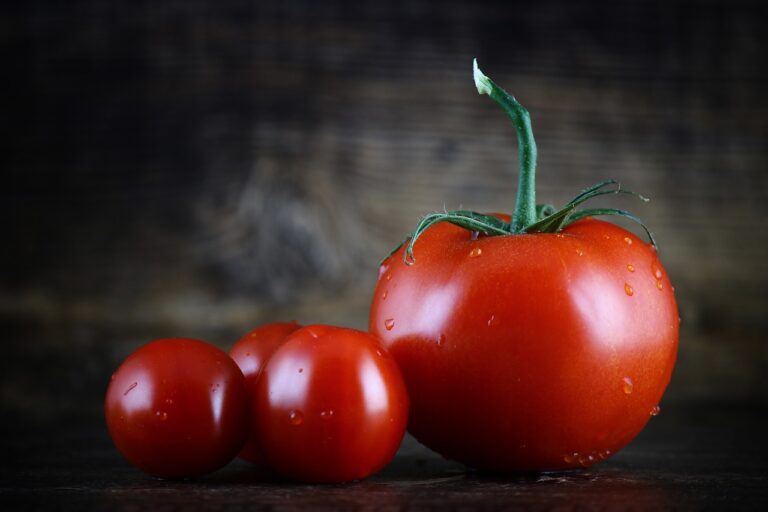Food Industry and Cultural Celebrations
Traditional food holds a significant role in various celebrations around the globe. From weddings to religious festivities, food acts as a symbol of cultural identity and heritage. These culinary traditions are often passed down through generations, preserving the flavors and customs that define a particular community’s way of life.
In many cultures, the preparation and sharing of traditional food during celebrations serve as a way to strengthen familial and societal bonds. The act of coming together to cook and enjoy these special dishes fosters a sense of unity and belonging among individuals. Moreover, the flavors and aromas of these traditional dishes evoke nostalgia, creating a sense of comfort and connection to one’s roots.
Impact of Cultural Festivals on Food Trends
Cultural festivals play a vital role in shaping food trends across the globe. These celebrations showcase a diverse range of culinary delights and traditional dishes that often pique the interest of food enthusiasts. Attendees of cultural festivals are exposed to new flavors, cooking techniques, and ingredients that they may not have encountered before, leading to the incorporation of these elements into mainstream food trends.
Moreover, the popularity of cultural festivals has led to a growing demand for authentic ethnic cuisines in the modern food industry. Consumers are increasingly seeking out unique dining experiences that reflect different cultural heritages and traditions. As a result, restaurants and food businesses are incorporating a wider variety of ethnic dishes into their menus to cater to these evolving tastes and preferences. This trend not only enriches the culinary landscape but also promotes cultural diversity and understanding through the universal language of food.
• Cultural festivals showcase a diverse range of culinary delights and traditional dishes
• Attendees are exposed to new flavors, cooking techniques, and ingredients
• Incorporation of these elements into mainstream food trends
• Growing demand for authentic ethnic cuisines in the modern food industry
• Consumers seek unique dining experiences that reflect different cultural heritages
• Restaurants and food businesses incorporate a wider variety of ethnic dishes into their menus
• Enriches the culinary landscape and promotes cultural diversity through food
Incorporation of Ethnic Cuisine in Modern Food Industry
Ethnic cuisine has made a significant impact on the modern food industry, with many traditional dishes gaining popularity among consumers worldwide. The richness of flavors and unique cooking techniques characteristic of ethnic cuisine have added diversity and excitement to the culinary scene, enticing both chefs and food enthusiasts to explore and incorporate these flavors into their menus.
Restaurants and food establishments are increasingly embracing and integrating ethnic cuisine into their offerings, recognizing the growing demand for authentic and diverse culinary experiences. By incorporating traditional dishes and ingredients into their menus, establishments are not only catering to the evolving tastes of their customers but also expanding their culinary repertoire to stay competitive in the ever-changing food industry landscape.
Why is the incorporation of ethnic cuisine important in the modern food industry?
Incorporating ethnic cuisine in the modern food industry adds diversity and richness to the culinary landscape, providing consumers with a wider range of flavors and cultural experiences.
How does traditional food play a role in celebrations?
Traditional food often holds significant cultural value and is a central part of many celebrations and rituals, helping to preserve and pass down cultural heritage through generations.
What impact do cultural festivals have on food trends?
Cultural festivals are a great platform for showcasing traditional foods and recipes, which can lead to increased popularity and influence on mainstream food trends.
How can the incorporation of ethnic cuisine benefit the modern food industry?
By incorporating ethnic cuisine, the modern food industry can attract a more diverse customer base, offer unique and authentic dining experiences, and stay relevant in an increasingly multicultural society.







